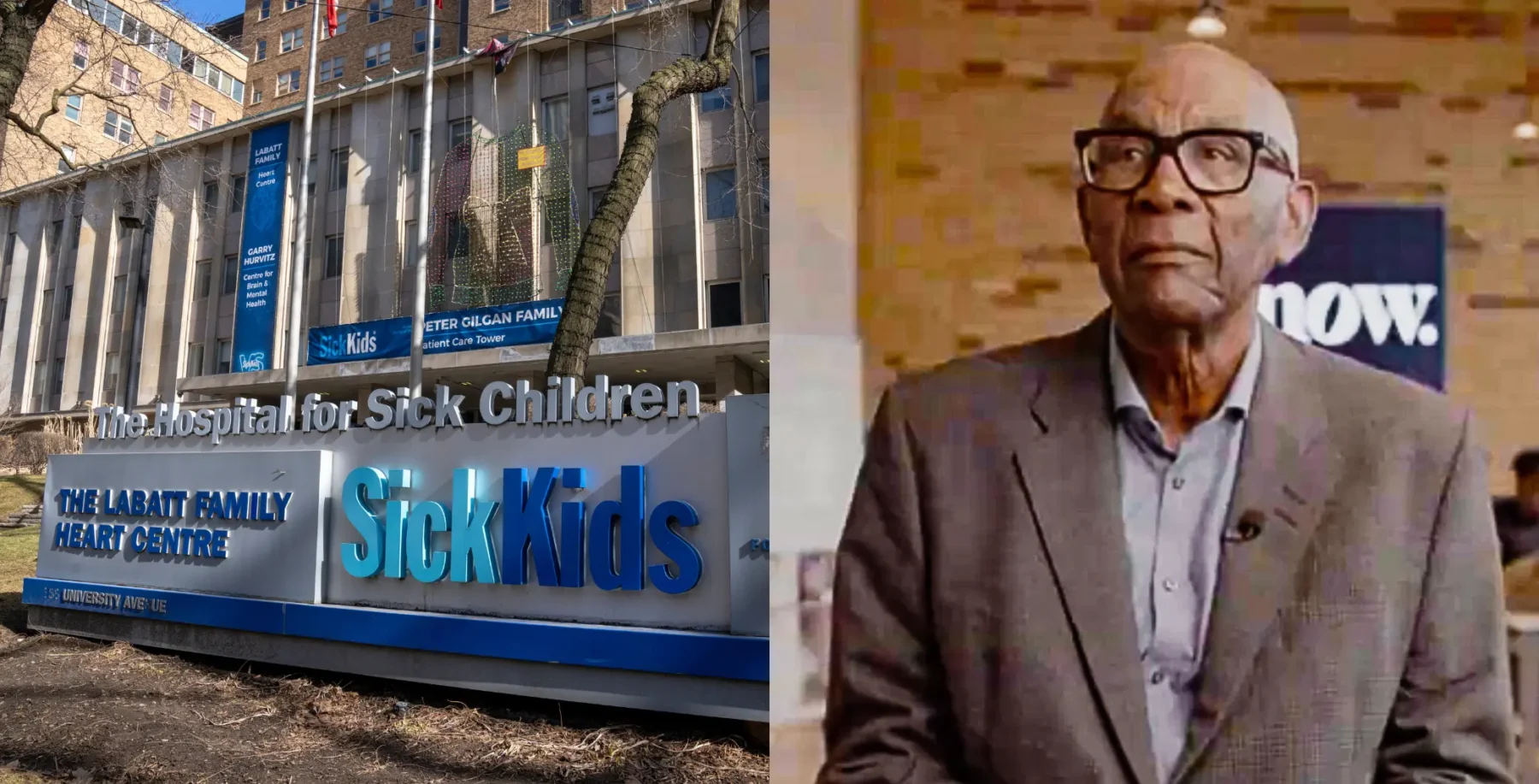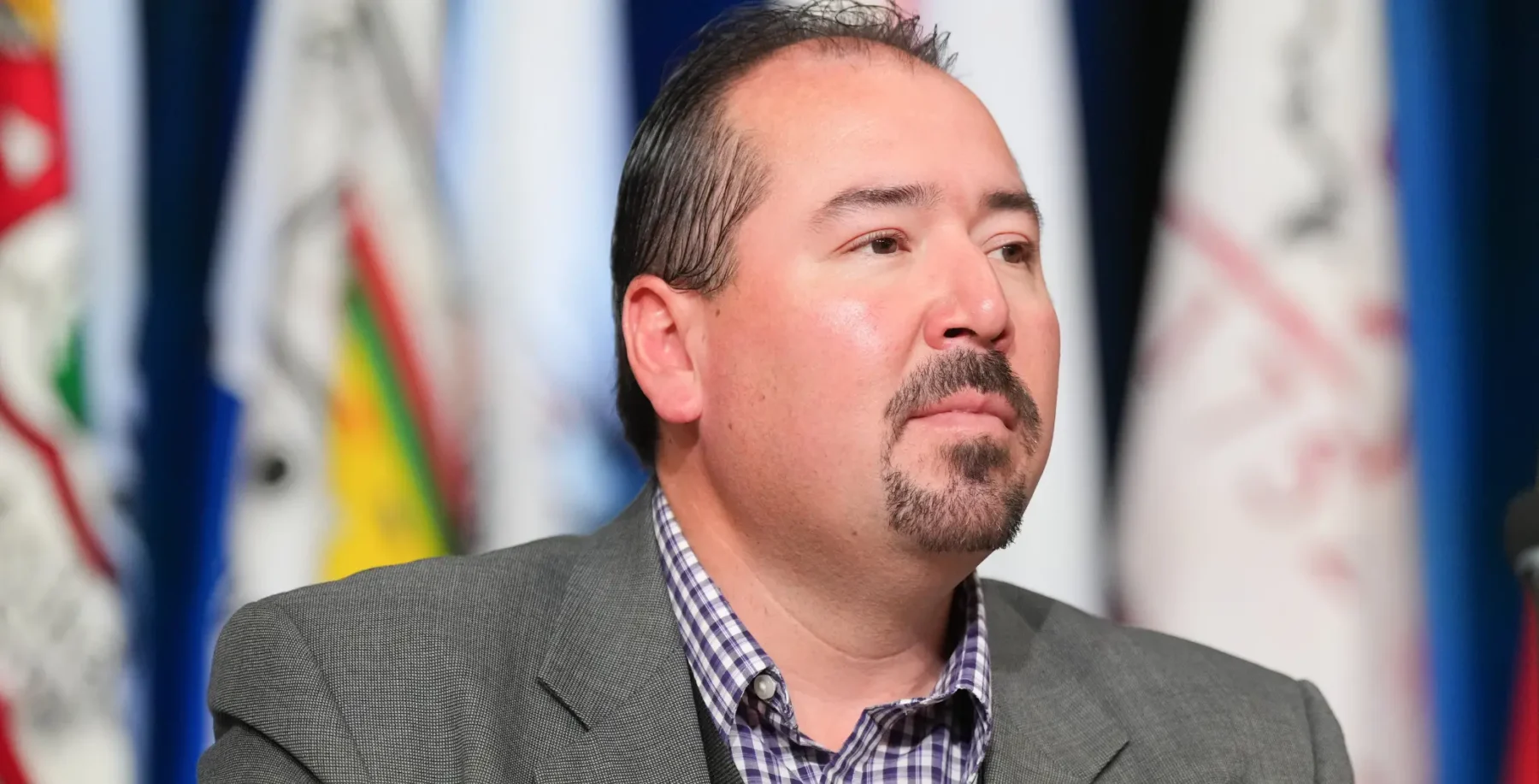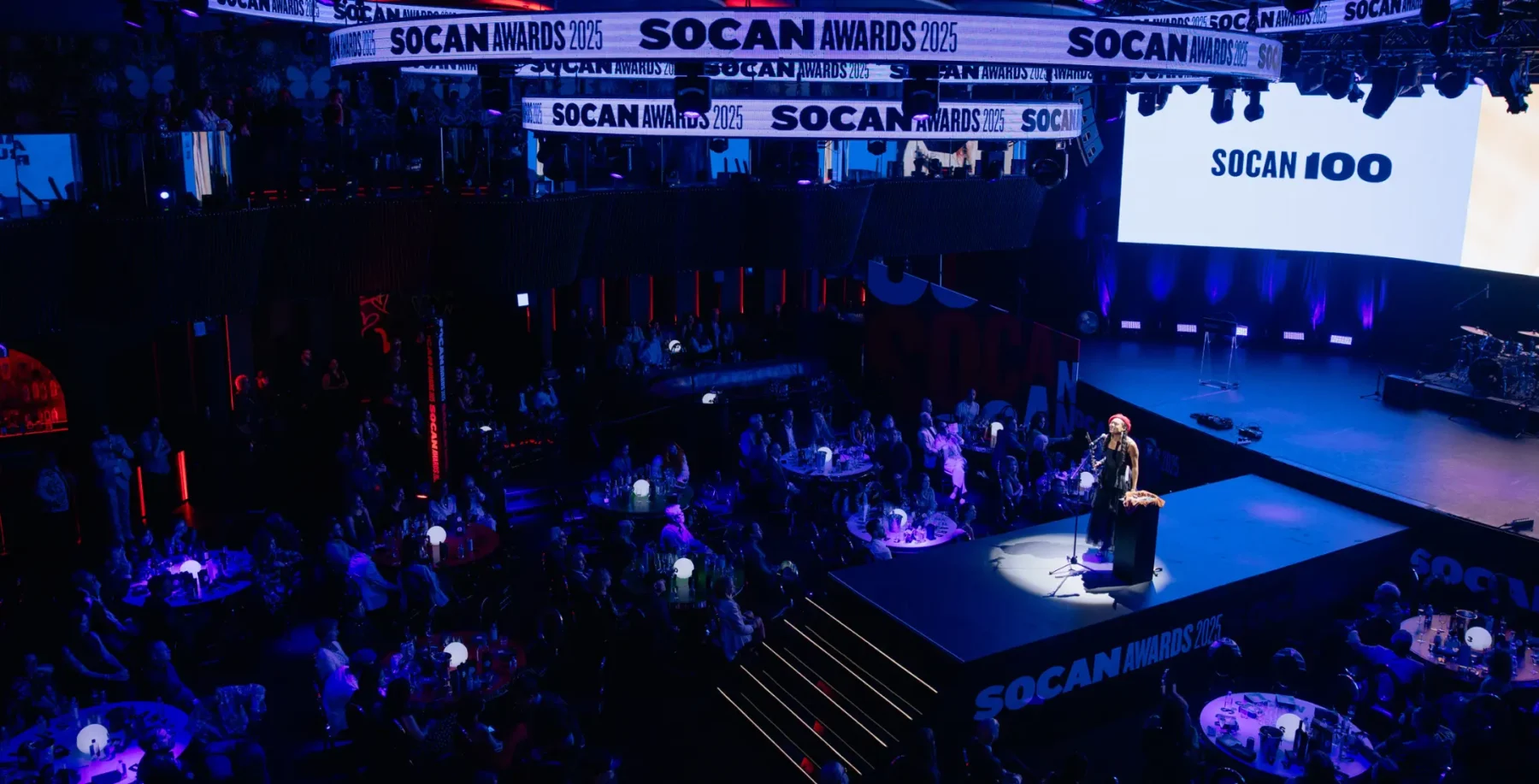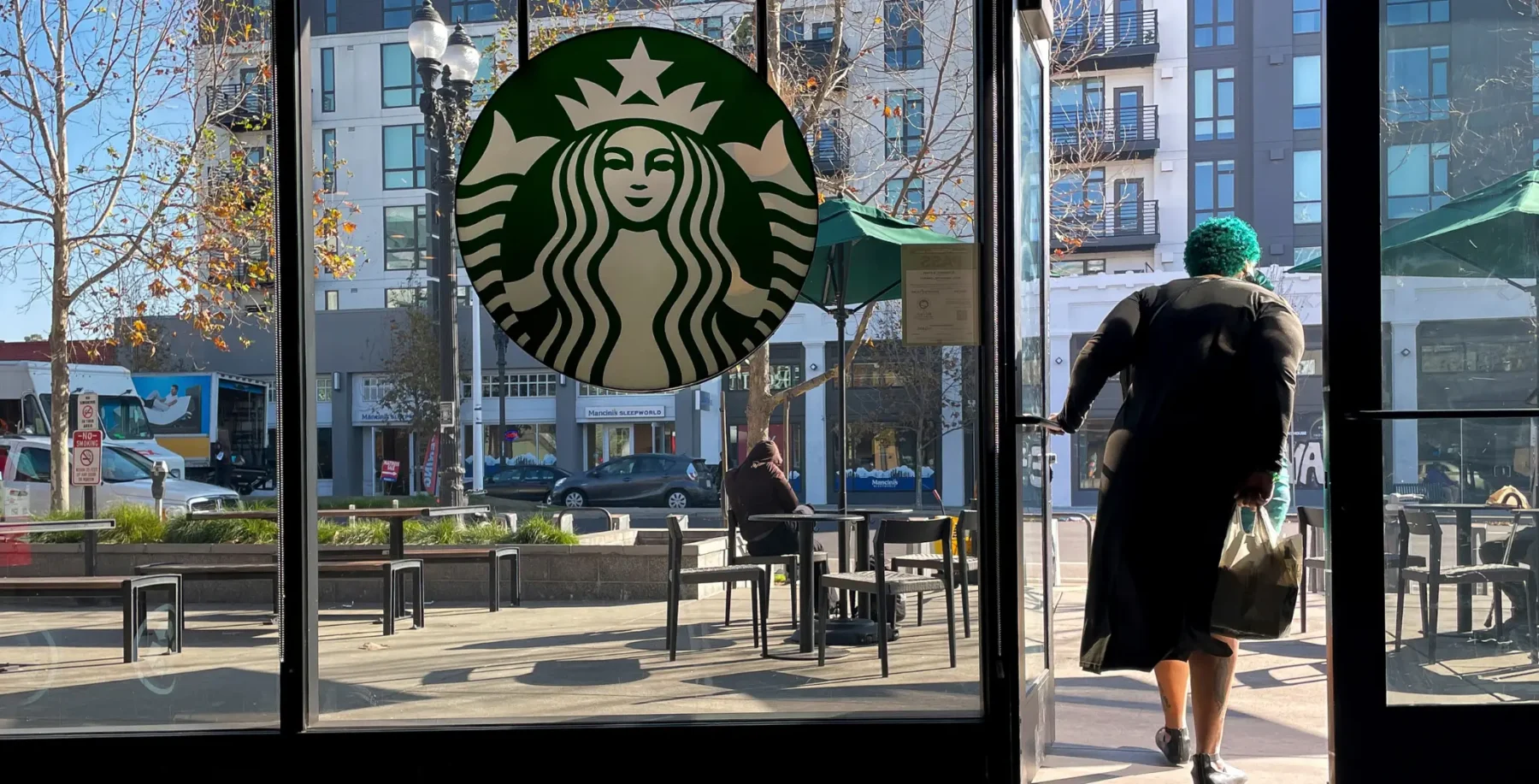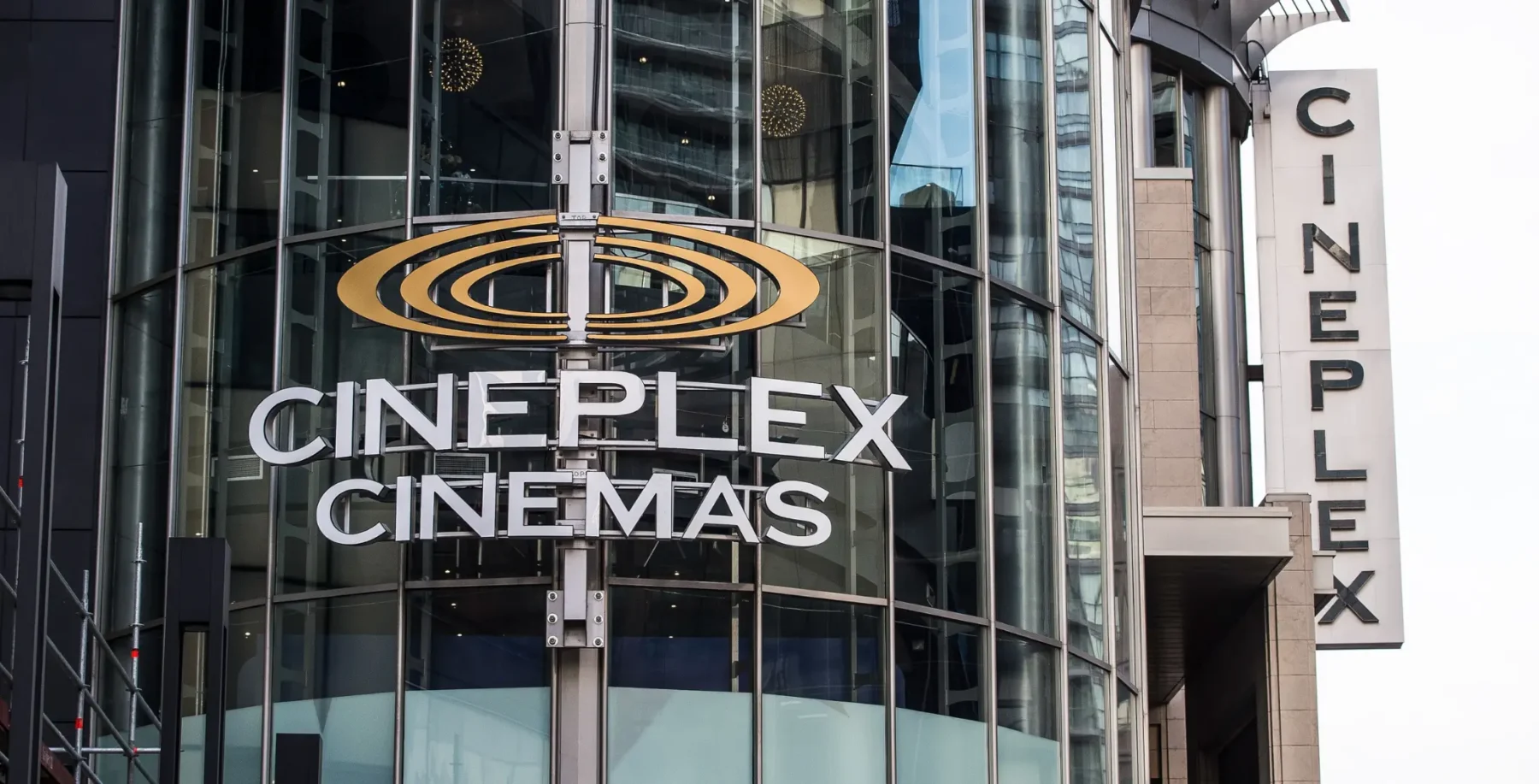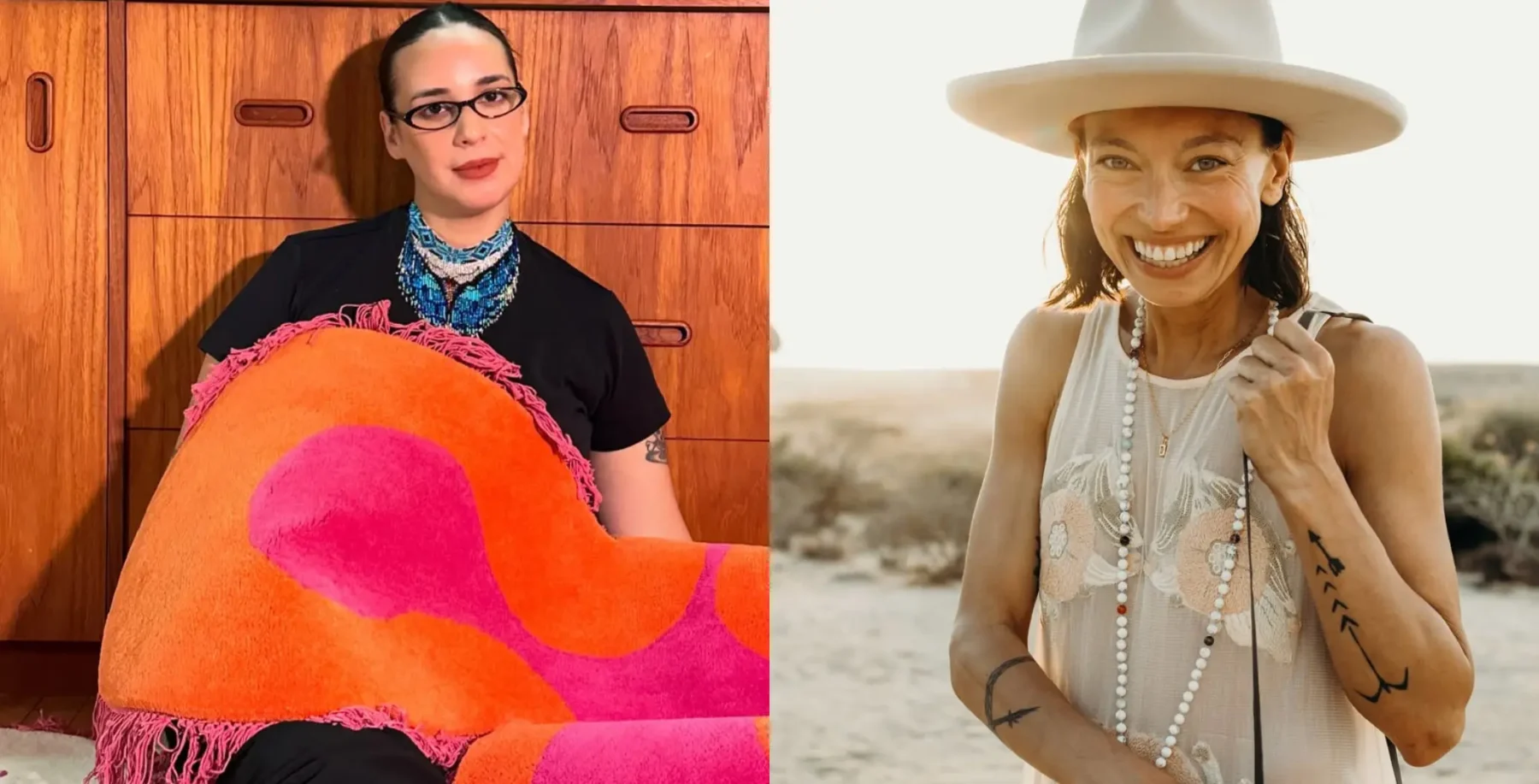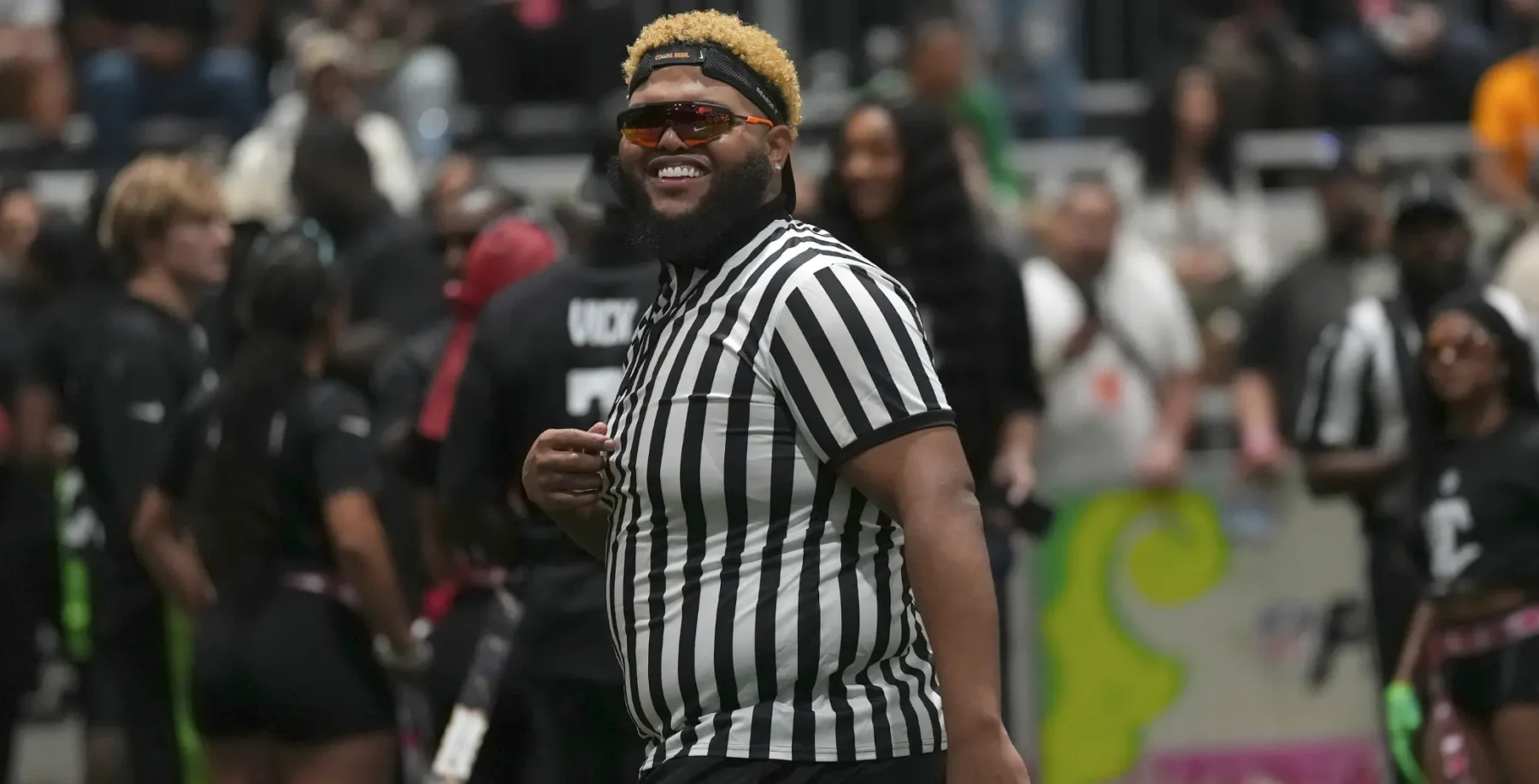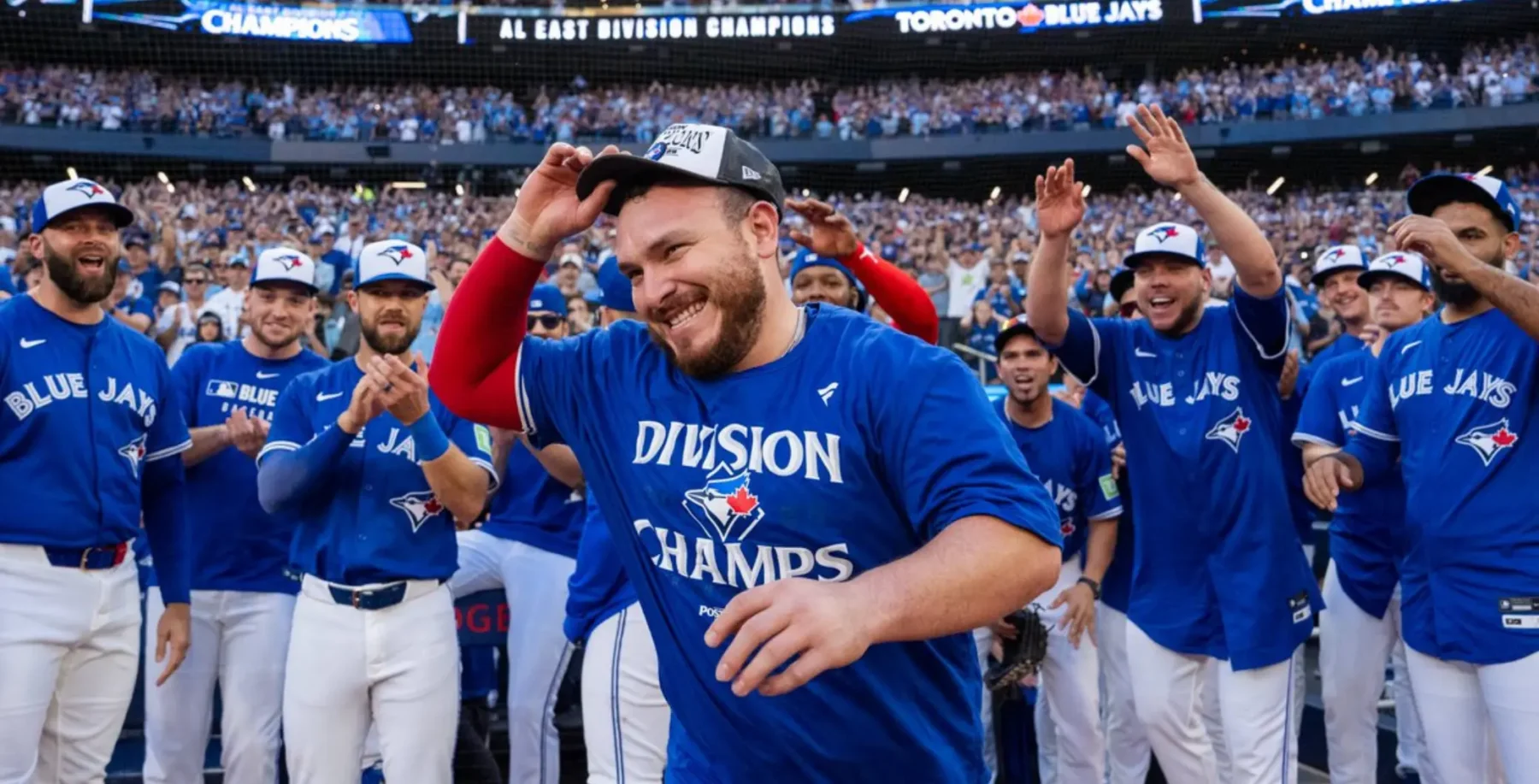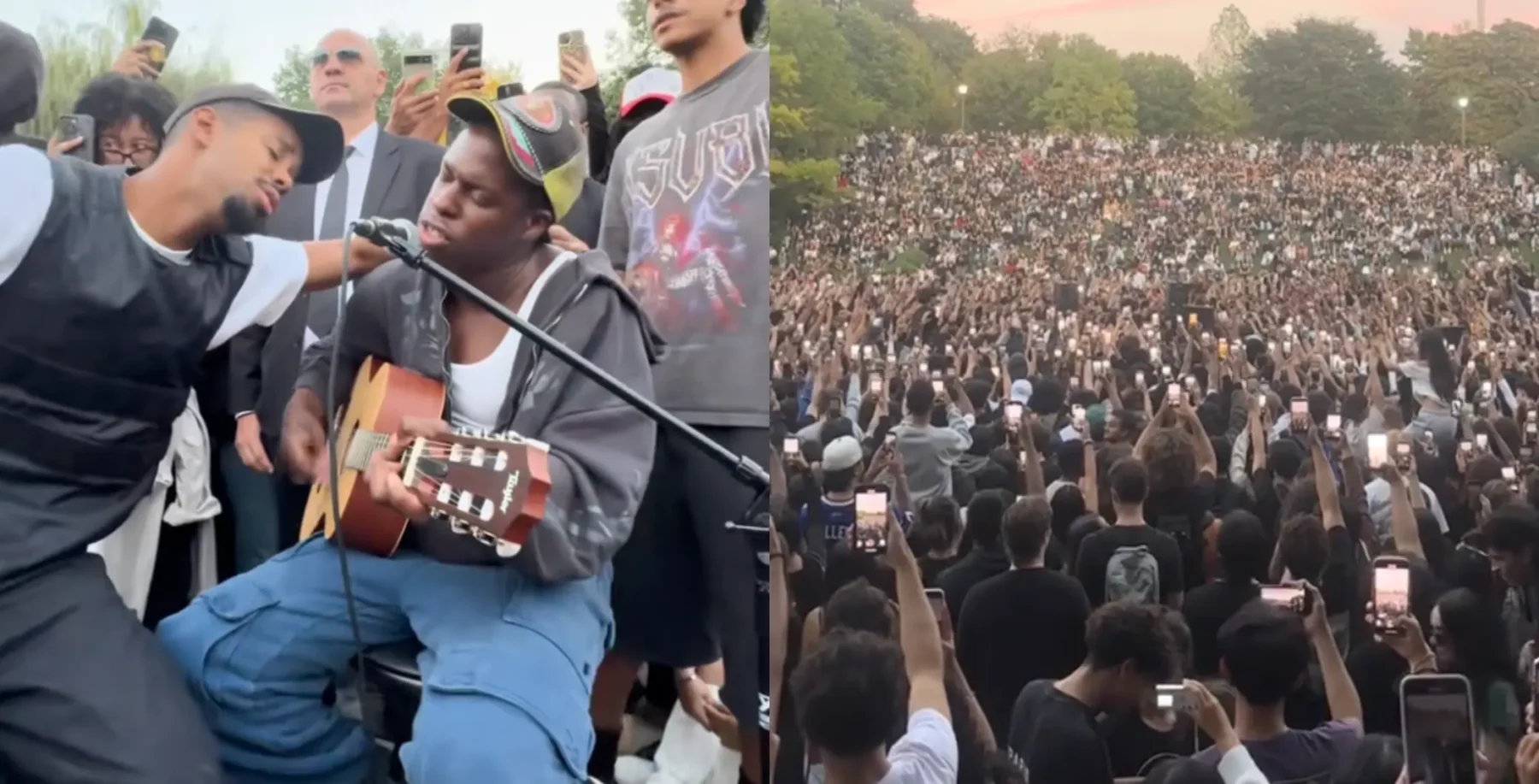
BOB DOROUGH performing as part of the MARKHAM JAZZ FESTIVAL at the Varley Art Gallery (216 Main, Unionville), Friday (August 18), 7 pm. $60. 905-471-5299, www. markhamjazzfestival.com. Rating: NNNNN
In jazz circles, singer/pianist bob Dorough is best known as the only vocalist Miles Davis ever backed on a recording date.
While an impressive distinction, it doesn’t carry much weight with the millions of boomers and their babies who learned their multiplication tables and grammar rules from Dorough by singing along to the songs he wrote and sang for Schoolhouse Rock, the popular animated TV series that ran between Saturday-morning cartoons during the 70s.
Twenty years after the series went off the air, Dorough’s cleverly crafted lessons in rhyme, like Three Is A Magic Number (currently featured in the film You, Me And Dupree and famously sampled by De La Soul) are arguably more popular than ever. Cultural touchstones like Conjunction Junction, My Hero Zero and Lolly, Lolly, Lolly Get Your Adverbs Here! are passed orally from one generation to the next by parents and teachers who remember Schoolhouse Rock from their childhood.
“Oh yeah, those Schoolhouse Rock songs are still very popular,” confirms Dorough with a chuckle. “I can’t play a show without doing at least one of them, like Three Is A Magic Number, especially now that they’ve used the Blind Melon version of it in You, Me And Dupree.”
Having grown up singing along to those three-minute Schoolhouse Rock gems during my preteen years – long before I found out Dorough was a serious jazz man and began buying anything with his name in the sleeve credits – I felt a chill run up my spine when I recently came across a generic-looking acetate recording with two versions of Dorough’s Three Is A Magic Number.
There were two other additional tracks, listed as “Sevenses,” that were never used as part of Schoolhouse Rock and didn’t appear on 2002’s 30th Anniversary Edition Schoolhouse Rock (Buena Vista) DVD collection (despite the cover claim that the set “includes every Schoolhouse Rock song ever created”).
If anyone could unravel the mystery behind my digging discovery, it’d be Dorough himself.
“Holy smokes! That’s my original demo acetate! Those are the first two songs I took to the advertising executives at McCaffrey and McCall on Lexington Avenue in New York City, who had hired me to set the multiplication tables to music.
“I put a lot of thought into Three Is A Magic Number. It took me a couple weeks to get in all the information I wanted to say because I thought it was too obvious lyrically just to multiply through the table. I realized right away that the danger of creating songs like these would be the monotony of repetition.
“Once I got through Three,” he continues, “I thought I should try the opposite with the next one and go for something much more straightforward. That was Sevenses. We recorded both songs for the demo – that’s my buddy Ben Tucker on bass, George Butcher plays thumb-piano, the great Grady Tate is playing drums and I’m at the keyboards.”
According to Dorough,the executives really liked Three Is A Magic Number but didn’t think too much of Sevenses, so it was never used.
“I’d never heard anything more about that song till you just mentioned it.”
Evidently the song Three Is A Magic Number and all of the other multiplication table songs Dorough was working on were never actually intended to be part of an animated series for television.
“The songs were supposed to be put on a phonograph record included with a workbook for classroom use,” he explains. “As it happened, one of McCaffrey and McCall’s other clients was ABC-TV, and in the early 70s, the networks were under fire from parents groups bitching about the sorry state of children’s programming. Tom Yohe drew up a storyboard for Three Is A Magic Number and they took my recording over to Michael Eisner (then ABC’s VP of children’s programming) and – blam! – they went for it.
“I’d already recorded the whole set of multiplication tables, with Lucky Seven Samson to replace Sevenses, so they made me the musical director and arranger of the whole Schoolhouse Rock project.”
Working with advertising and television executives often presents unusual challenges for creative artists, and Dorough faced his share of obstacles in conveying his vision of how the multiplication tables should be represented in song.
“Oh man, they were absolutely flabbergasted when I told them that I wasn’t going to give them a song about one or 10,” he laughs. “Multiplying by either would be boring. I told them I wanted to write about zero, and they were dumbfounded, like, ‘Why zero?’
“Whenever I stop by an elementary school to play for the kids, I tell them the story about going to the big office building to pitch my song about zero and how the businessmen said, ‘You can’t multiply by zero!’ Then the kids holler back, ‘Oh yes you can!’ They all know My Hero Zero, which has become one of the favourite Schoolhouse Rock songs.”

